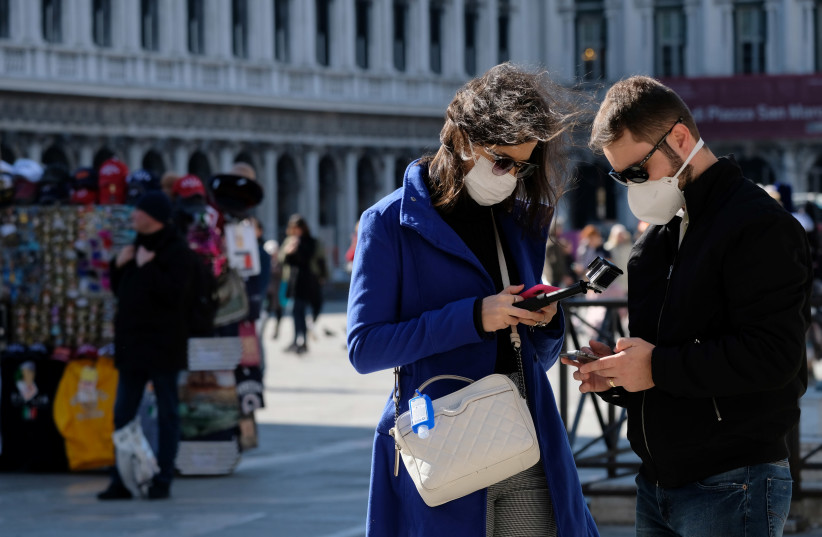The new coronavirus variant discovered in England and which made headlines just before Christmas is apparently more transmissible than the original viral strain, according to research conducted by Imperial College of London in collaboration with the World Health Organization (WHO) and other educational institutions based in the United Kingdom. The study, which has not yet been peer-reviewed, says that those infected with the variant strain, known as B.1.1.7., Are more likely to transmit the virus to other people and, within that, infect more people compared to the original. Technically, the variant in question presents an “additive increase” in the transmissibility (R) of 0.4 and 0.7, with a “multiplicative increase” in the transmissibility that “oscillates between 50% and 75% of advantage.” In contrast to the previous genetic variants that have reached high prevalence, we see the expansion of the concern variant from within the UK and a faster epidemic growth pattern coupled with the expansion of the cancer variant has been repeated in several regions “, the study’s authors wrote.The number of cases in Britain has increased in recent weeks because of the variant of the virus – which has appeared in all corners of the world – causing several countries to close their borders with UK passengers on hope to prevent the spread of the new variant in its states of origin. Like other European countries, Britain is struggling to contain new waves of the virus. One of the most affected countries in the world, it registered 53,285 cases in the last 24 hours on Friday and 613 new deaths.The increase in cases compares to the 55,892 registered on Thursday, while the death count marks a fall from the 964 reported on the previous day terior.
cnxps.cmd.push (function () {cnxps ({playerId: ’36af7c51-0caf-4741-9824-2c941fc6c17b’}). render (‘4c4d856e0e6f4e3d808bbc1715e132f6’);});
The UK has recorded more than 50,000 new daily cases of the virus in the past four days, driven in part by a variant of concern that is far more infectious and an increase in the number of people dying each day. , British health officials have reactivated emergency hospitals that were built at the start of the pandemic to deal with an increase in cases of COVID-19 that is putting existing wards under extreme pressure, mainly in London. so many colleagues are sick or in need of isolation, and paramedics and nurses have had to treat patients in ambulances because of the lack of available beds. An email to the Royal London Hospital staff said it was now in “disaster medicine mode.” Reuters contributed to this report.
